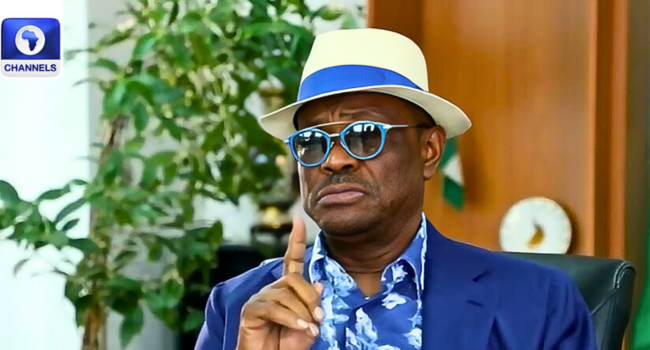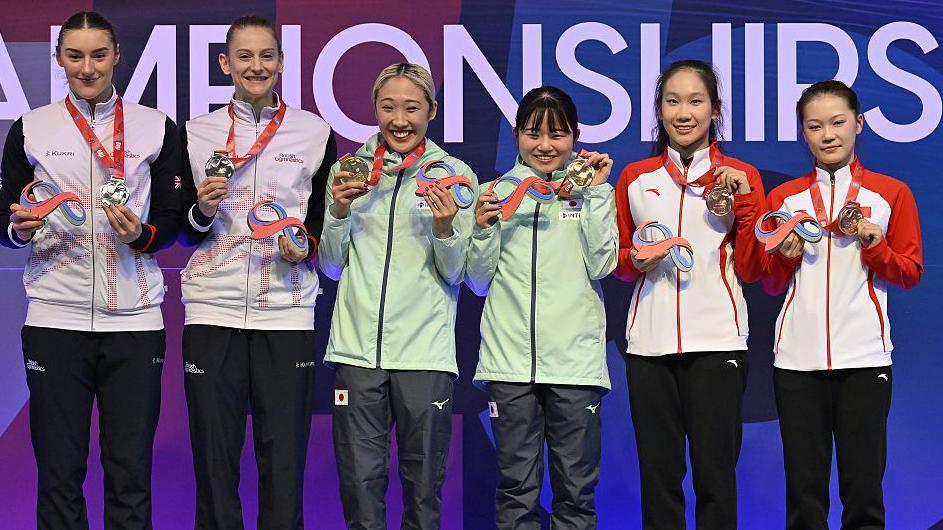
The Minister of the Federal Capital Territory (FCT), Nyesom Wike, has given property owners who violated land use regulations in parts of Abuja, the nation’s capital, a final 14-day grace period to pay a N5 million conversion fee.
This was disclosed in a statement on Sunday by his Senior Special Assistant on Public Communications and Social Media, Lere Olayinka.
Olayinka said the new grace period begins on Tuesday, November 11, 2025, and applies to property owners in Asokoro, Maitama, Garki, and Wuse districts.
The decision, he noted, followed the expiration of the initial 30-day deadline for affected allottees and title holders to regularize their land use.
“Failure to comply within the stated 14 calendar days grace period will result in enforcement actions by the FCT Administration,” he warned.
According to the statement, the grace period is part of Wike’s effort to encourage voluntary compliance before the administration begins stricter enforcement measures.
READ ALSO: Occupants Of Shanties Will Be Thrown Out, Poverty Not An Excuse, Wike Insists
“Sequel to the Public Notices made by the Federal Capital Territory Administration (FCTA) on Monday 8th September 2025, Tuesday 9th September 2025, and Wednesday 10th September 2025, in some national dailies and online platforms, in respect of the reviewed Land Use/Purpose Clause of properties in the FCT, the general public particularly allottees/title holders of properties on the underlisted streets/locations of the Federal Capital City (FCC) are hereby informed that the 30 days period given for the payment of penalty/violation fee of ₦5 million and other applicable fees for Land Use Change/Conversion had since one month ago expired,” the statement read.
“However, the Honourable Minister of the Federal Capital Territory (FCT), His Excellency, Barr. Nyesom Ezenwo Wike, CON has magnanimously granted a final grace period of 14 calendar days from Tuesday November 11, 2025, for all affected allottees/holders of properties along the said streets/locations to comply with the terms and conditions of the approval for land use change/conversion.
“The affected streets/locations are Gana Street, Maitama District, Usuma Street, Maitama District, Yakubu Gowon Crescent, Asokoro District, Aminu Kano Crescent and Adetokunbo Ademola Crescent in Wuse II District, Ladoke Akintola Boulevard, Gimbiya Street and Onitsha Street in Garki II District.
“Others are Ogbomosho Street, Lafia Close, Yola Street, District, Abriba Close, Danbatta Street, Ringim Close and Ilorin Street in Garki I District.”
Early in September, the FCT minister fined some property owners in Abuja for converting their buildings to other uses without approval.









